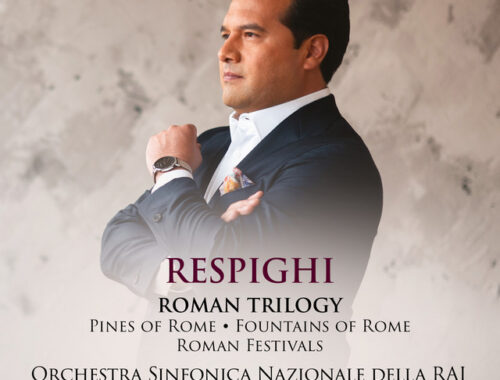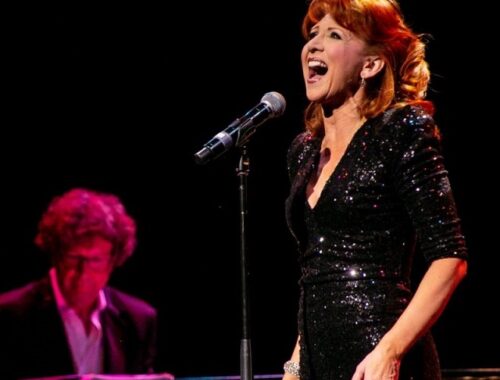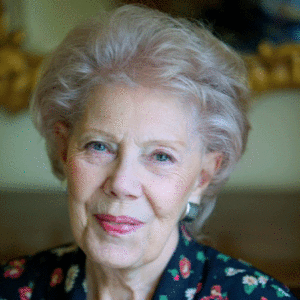TUESDAY 26TH JANUARY 2010 JOYCE DIDONATO/ DAVID ZOPEL ****
Wigmore Hall
When the language of love is Italian there are countless different ways of saying “Amore”. Joyce DiDonato pretty much exhausted them all during the course of this intriguing recital but somehow kept coming back with more. Novelties abounded and if indeed it’s true that “all you need is love” then no one was going to leave this recital feeling short-changed – or else.
It takes courage for a big personality mezzo like DiDonato to rein in the sound and effectively switch from oils to water colours for her very first group of Arie antiche. It’s not unusual to hear these songs used as warm ups at the opening of a recital but a voice as ample as DiDonato’s could so easily demolish them that using half the voice and half the amount of air to capture the girlishness of “Danza, danza, fanciulla gentile” presented perhaps the biggest challenge of the evening for her. At the centre of the group was the beautiful “Amarilli mia bella” where the key to hypnotic purity was a pale and interesting sound using very little vibrato and where the tiny melismas conspired with the trills to lend the shivers of delight. David Zobel’s ever-attentive piano, now transformed into a lyre, added to the allure.
We could perhaps have lost the Beethoven group. You would not expect him to be quite himself in Italian song and he was not – the disguise playfully hinting at Mozart or more likely Salieri with whom he studied in Vienna. Interesting, though, to hear him experimenting with two takes on the same text – “L’Amante impaziente” (“The Impatient Lover”) – one flippantly comical, the other full of pathos. DiDonato turned the comparison into an exercise in method acting for the voice.
For me the most pleasurable discoveries of the evening were the art songs of Francesco Santoliquido. DiDonato switched frocks as well as vocal personality swapping demure Grecian blue for a figure-hugging emerald green more in keeping with these exotic blooms. They were scrumptiously singable, Pucciniesque in the best sense with aching cadences deploying tremulous glissandi. From now on in it was a case of ungirdling the voice and flaunting it with a Caruso favourite, “Lolita”, and the inevitable “Spanish Lady” at her ripest.
And, of course, there was DiDonato’s signature Rossini: the “Willow Song” from Otello achingly poignant with limpid groupetti and, as an encore, a storming account of Elena’s final aria from La donna del lago as fresh as if the evening had just begun.
You May Also Like

GRAMOPHONE Review: Respighi Roman Trilogy – Orchestra Sinfonica Nationale della RAI/Trevino
15/12/2023
BONNIE LANGFORD: Here’s to the Ladies + ‘Comparing Notes’ post show interview with Edward Seckerson
02/06/2024